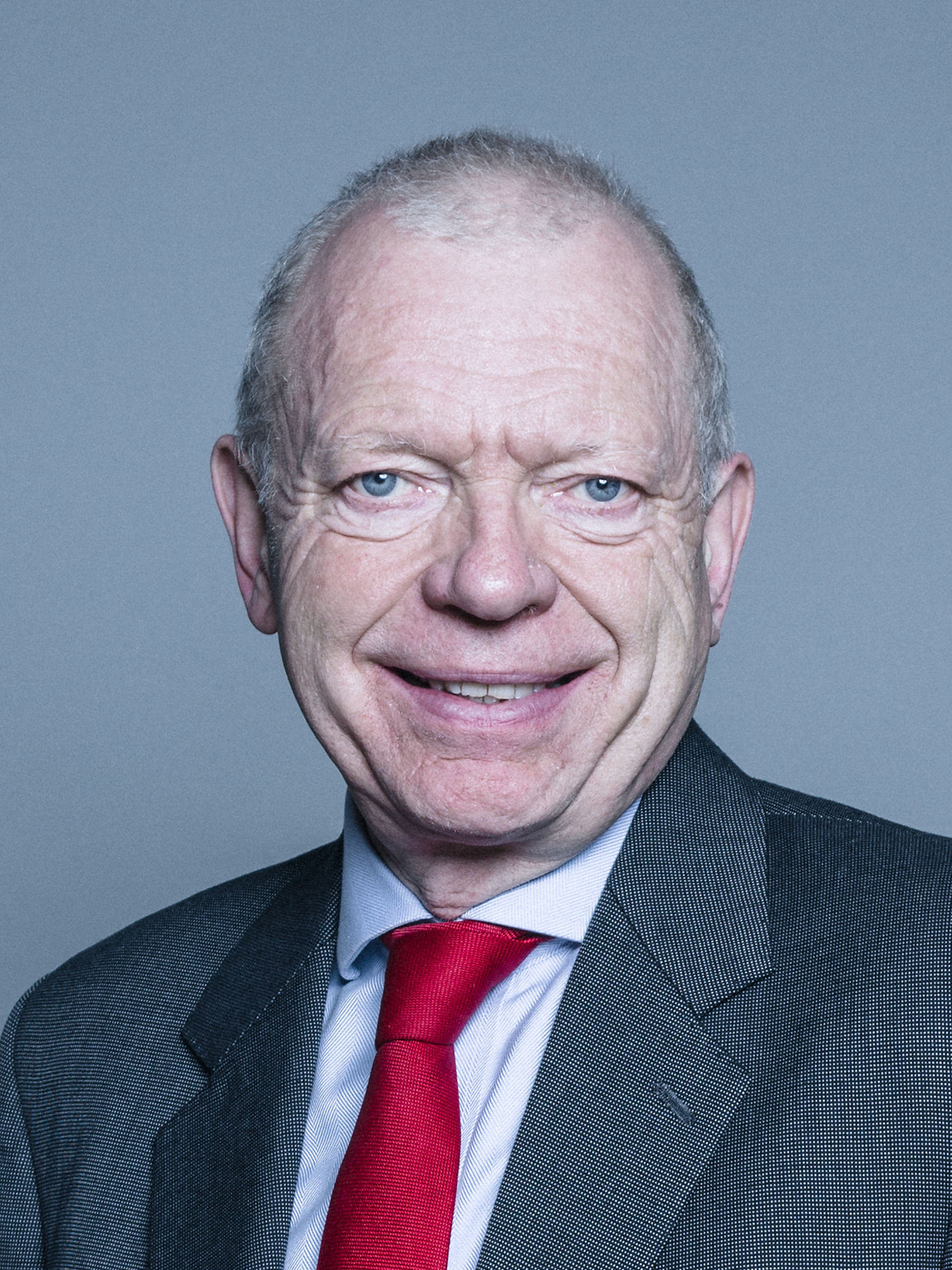 On June 13th, Lord Hunt of Kings Heath, a Labour peer, raised a Schools Bill amendment questioning clause 28, about grammar schools. His note on this amendment says, ‘This is to enable a debate on the Government’s approach to grammar schools and their potential expansion.’
On June 13th, Lord Hunt of Kings Heath, a Labour peer, raised a Schools Bill amendment questioning clause 28, about grammar schools. His note on this amendment says, ‘This is to enable a debate on the Government’s approach to grammar schools and their potential expansion.’
His speech regarding this amendment is well worth a read, and it is copied below.
‘Clause 28 is concerned with grammar schools and academies but it has prompted me to ask the Minister a wider question: what is the Government’s general policy in relation to grammar schools? We know that, in 2016, the then Prime Minister, Theresa May, said that she wanted to allow for an expansion in grammar schools. It was in the 2017 manifesto but nothing appeared in the Queen’s Speech; more recently, the Government have said that they do not want to see an expansion in the grammar school system. However, rumours and briefings often come out saying that, actually, the Government would like to see a change in policy.
We have already seen a number of so-called satellite grammar schools open or get under way. Basically, this is a back-door way of expanding the grammar school system. Satellite schools bear the same name as the host grammar school. They are often located several miles away. Eventually, of course, it will lead to two separate schools being established. We know that the county council in Kent seems determined to expand its selective schools despite all the evidence showing that the Kent system is a poor one in terms of overall outcomes for the whole of the student population. Grammar schools in Kent do nothing more than attain the results that you would expect if you selected for high attainment—hence my noble friend Lord Knight’s comment about schools choosing their pupils.
As Comprehensive Future has stated:
“What is there to stop any grammar school from creating a whole chain of satellites stretching from Northumberland to Land’s End?”
This is not an academic argument because there have been suggestions that the Bill could be amended by Conservative MPs when it goes to the Commons. The Evening Standard has reported that the Government refused to rule out lifting the current ban on new grammar schools, while the Telegraph has reported that the Government are open to expanding academic selection. Indeed, Chris Philp MP was quoted as referring to his plans to amend the Schools Bill to support new grammars. Can the Minister clarify the Government’s exact position?
I am afraid that I am old enough to have experienced the wretched old grammar/secondary modern system, and the 11-plus, which condemned so many children to be classified as failures at the age of 11 and to be sent to schools with fewer resources and less ambition. That is why the move to a comprehensive system was so popular. It is interesting that the movement started in some of the shire counties. I lived in Oxford, and Oxfordshire and Leicestershire were determined to get rid of grammar schools in the 1950s and 1960s because they did not want all their children to be branded as failures at the age of 11. In 1953 and 1957, Leicestershire started to experiment with comprehensive education, expanding it throughout the whole county in 1969. Oxfordshire started in 1955 and 1957, subsequently expanding throughout the whole county as well.
Why did parents support this? It is very simple. Those arguing for grammar schools present only the image of children passing the 11-plus and going to grammar schools, and their subsequent achievements. They do not refer to the large number of children—around 70% in Kent—who are told aged 11 that they are failures and then attend underresourced secondary moderns. There is plenty of research to show that in those areas with a grammar school system, achievement is lower. Look no further than Kent and Buckinghamshire. Grammar school systems continually and consistently undermine educational achievement. According to the DfE, in 2019, the GCSE pass rate was 11 points below the national average in Kent and five points below average in Buckinghamshire.
Claims that grammar schools give a foot up the ladder for poorer children have, again, been debunked comprehensively. Research by the Institute for Fiscal Studies shows that in the remaining grammar schools, the percentage of pupils from poor backgrounds is lower than ever: 2.7% are entitled to free meals, against 16% nationally. Once the pupil intake of grammar schools is taken into account, based on factors such as chronic poverty, ethnicity, home language, special educational needs and age in year group, Durham University analysis shows that grammar schools are no more or less effective than other schools.
Finally, the poorest children in Kent and Medway have a less than 10% chance of getting into grammar schools, while for children in the very richest neighbourhoods, it is over 50%—schools choosing their own pupils. I want the Minister to say that there is no intention of changing the policy with any amendments that any Conservative MP might seek to move in the Commons, although whether the Bill reaches the Commons is a question that we are all interested in. Assuming that it does eventually reach the Commons, I hope that the Government will say today that they will have no truck with that.’
Lord Hunt makes some excellent points, and his amendment was on the very same day that CF Patron, Baroness Blower, introduced a Private Members Bill seeking to end academic selection. We hope that rumours of backbench amendments to reverse the ban on new grammar schools come to nothing, and it is reassuring that there are some keen supporters of comprehensive education in the Lords.





